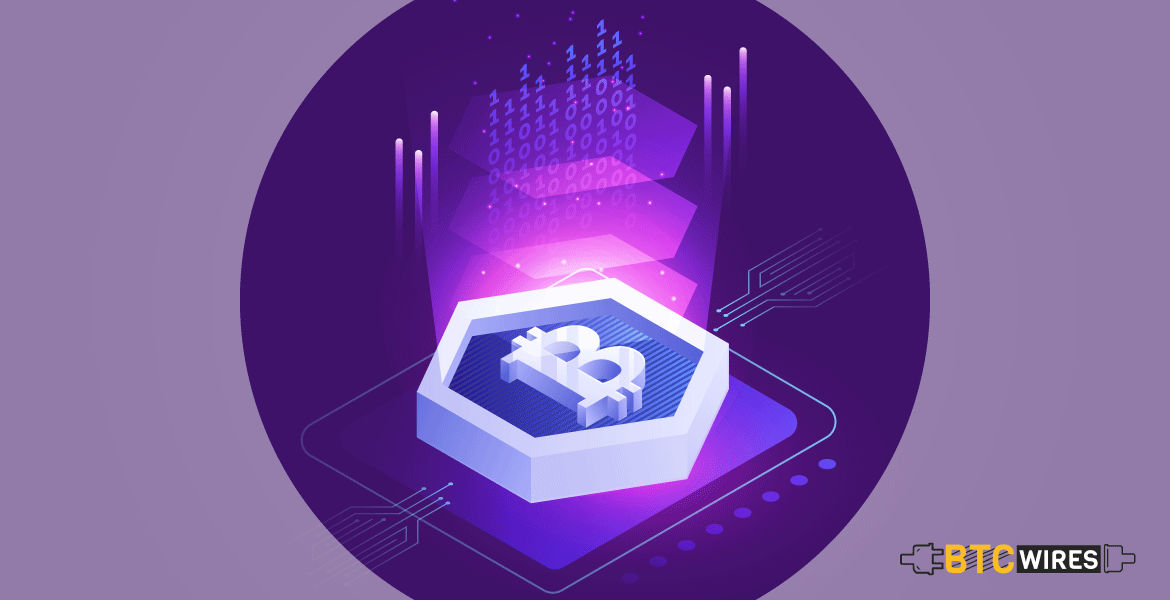Blockchain technology is a novel entrant to the world of

Blockchain technology is a novel entrant to the world of technology and given its novelty, it’s no wonder that many a myth abounds about it. Here’s busting 15 of them :
1. Blockchain is Free:
Many believe that since this technology is extremely cost-effective, it takes no investment to get it up and running. However, that assumption could not be farther from the truth. Each block of information or transaction is reached at when several computers work together to solve cryptographic problems and decide on one version of the data as the accurate one. This is hardly a cheap process because someone needs to pay for all the hardware and software resources being committed to a blockchain network.
2. There’s a Single Blockchain System for Everything :
Laymen might believe that every company that is said to be using blockchain technology for something is using the very same blockchain network. However, that is not true. Distributed digital ledgers or blockchain networks can take many forms. There can be private, permissioned ones, public ones or consortium blockchain networks. Different companies use different networks. Bitcoin and Ethereum blockchain networks are different, for example and different varieties exist like IBM’s BaaS (Blockchain-as-a-Service), or the Hyperledger Fabric.
3. Blockchain Records are Absolutely Tamper-proof:
It is often believed that blockchain is the holy grail of security. While this is true to an extent, because the large, distributed and decentralized nature of this digital ledger makes it quite secure, no system can be said to be absolutely certain when it comes to security. Even this decentralized ledger stands a risk of being overpowered by a 51% attack, where one consortium attains majority control over the system. Recent days have seen examples of such attacks on the blockchain systems of Monacoin, Litecoin Cash, Zencash etc.
4. Blockchain is The Same As Bitcoin:
This is a common myth and many wonder if Bitcoin is the same as blockchain. However, it is not and these terms cannot be used interchangeably. Bitcoin is a cryptocurrency and blockchain is a digital ledger. Blockchain does power Bitcoin mining but exists in many other forms and for many more use cases.
5. Blockchain is Used Only For Powering Cryptocurrencies:
Sometimes, even those who do not confuse blockchain with Bitcoin, associate the technology with cryptocurrencies. However, blockchain is used for much more than just using with cryptocurrencies. It is used for fields as diverse as music to healthcare, supply chain management to marijuana delivery.
6. All Transactions Occuring Over Blockchain are Anonymous:
Many people believe that since Bitcoin transactions allow a degree of anonymity to its users, all blockchain transactions work in the same manner. Truth is, several blockchain networks adhere to KYC/AML Regulations and offer great transparency.
7. Blockchain Exists on The Cloud:
Many believe that blockchain is a database that exists on the cloud. However, it is a ledger distributed across a number of member computers.
8. Blockchain is Not Public:
For a lot of laymen, it seems that blockchain is not available for the public to view directly. However, that is not entirely true because in a very large number of cases, blockchain stores data that is extremely traceable and visible to the public.
9. Blockchain is A Magic Solution to All Business Needs:
Often, blockchain is presented as the one-stop solution for all problems of business administration. However, its scalability and the time it takes to adopt and adjust to it, are factors that limit its suitability. While it is indeed very useful for business, it is not some magic potion that will entirely transform the business scene.
10. Blockchain is Only Meant For Storage:
Just because it’s a digital ledger, many often believe that blockchain is only meant for storage of data. However, that is not the case since it is a versatile technology that can be used in other ways as well, for example, for hosting smart contracts in blockchain.
11. Blockchain is Only Meant For the Fintech Industry:
Since blockchain is so closely associated with cryptocurrencies and banking, it is often believed that blockchain is only meant for the finance technology space. However that is a faulty notion since blockchain is also implemented in a host of other industries and use cases, as diverse as healthcare and music.
12. Blockchain is Not Credible:
Since the market for cryptocurrencies can be rather unreliable and volatile, blockchain is often considered as something not too credible. However, there is no link between the credibility of blockchain and the volatility of cryptocurrencies.
13. In Blockchain Networks, Crypto Currencies and Tokens are the Same:
This is not true because cryptocurrencies only perform the function that any form of money does. Tokens, on the other hand, can often be redeemed for rights, commodities etc.
14. Blockchain Can Be Scaled Enough to Disrupt The Global Economy:
Just like those who believe blockchain can be a magic solution to all business problems, many believe blockchain can be scaled to take over the global economy at large. However, the scalability of blockchain is a tricky issue as the maximum block size is 1 MB and this technology can handle few transactions each second, vis-a-vis existing forms of technology.
15. Enterprise Blockchain Networks are Never Public:
Again, this is not true as whether a blockchain network will be kept private or public is decided by the management of enterprises based on their business needs and goals. There are several types of records that can be stored in a blockchain system and the systems themselves can also be of varying kinds.

